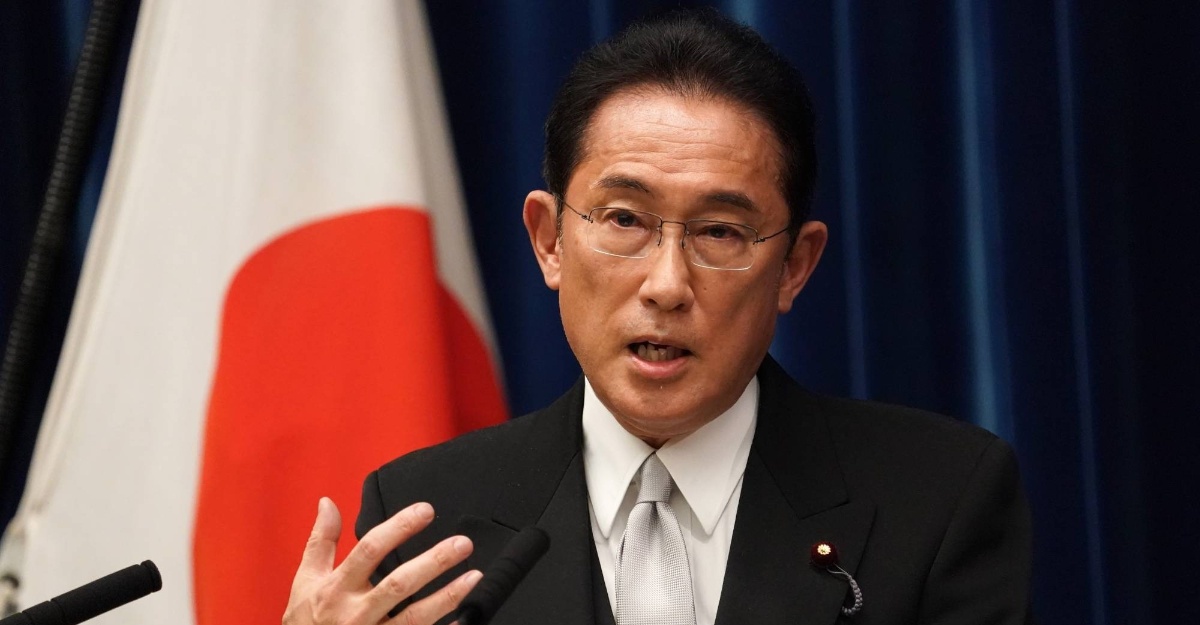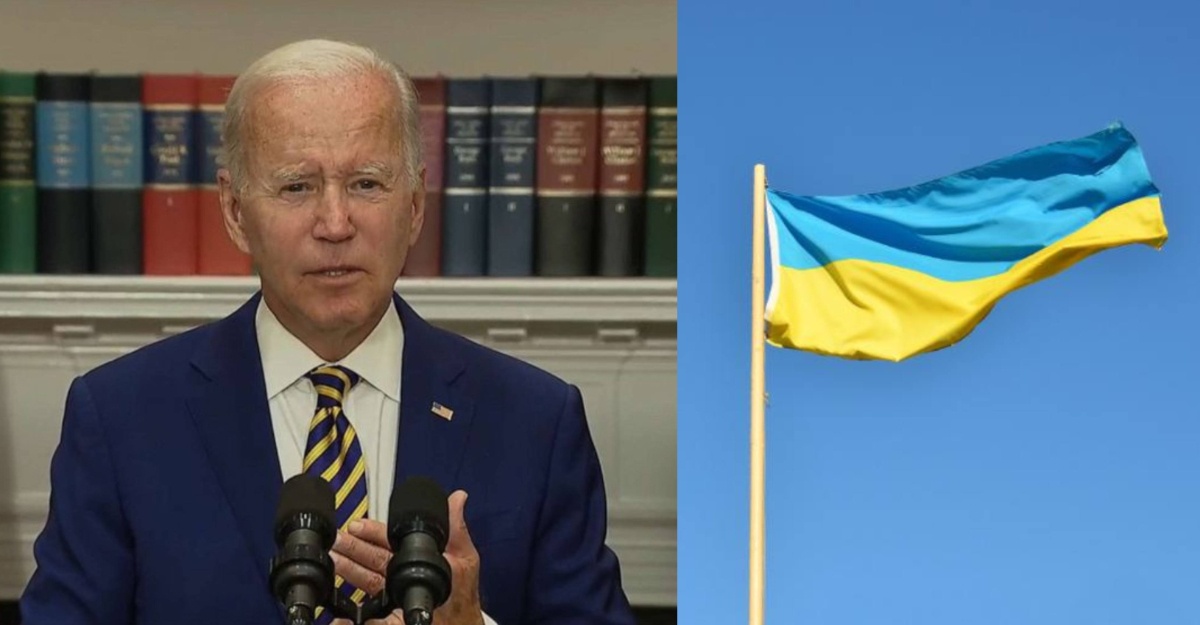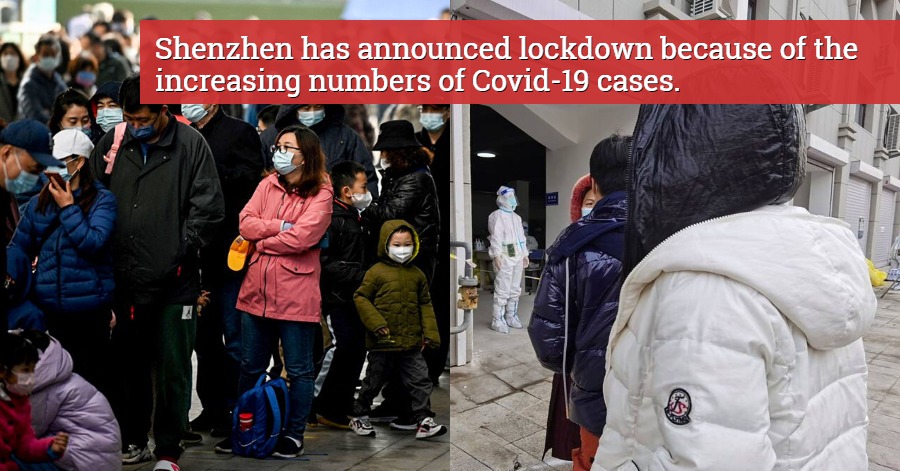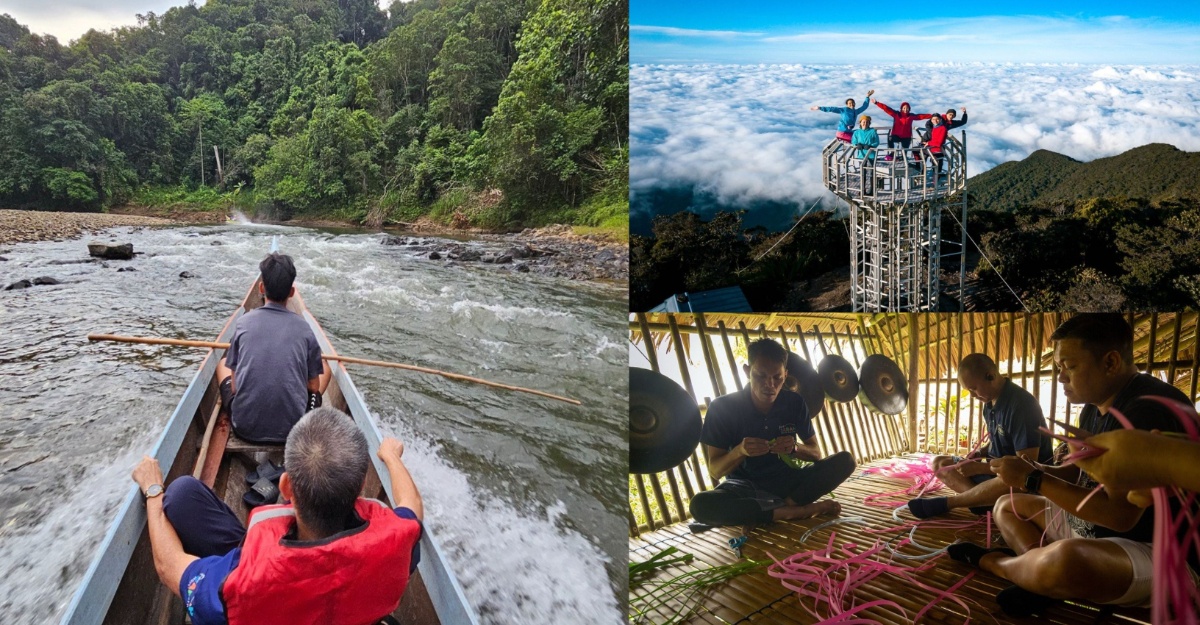Japan is considering building next-generation nuclear reactors, Prime Minister Fumio Kishida said Wednesday, with the country facing soaring imported energy costs linked to the war in Ukraine.
The government will also discuss bringing more nuclear plants online and extending the service life of reactors if safety can be guaranteed, Kishida said at an energy policy meeting.
A push to revive Japan’s nuclear power industry could prove controversial after the 2011 Fukushima disaster led to the suspension of many of the country’s nuclear reactors.
“Russia’s invasion of Ukraine has vastly transformed the world’s energy landscape” and so “Japan needs to bear in mind potential crisis scenarios in future”, Kishida said.
“As for nuclear power plants, in addition to securing the operations of the 10 reactors that are already back online, the government will spearhead an effort to do all it takes to realise the restart” of others whose safety has been approved by the country’s nuclear watchdog, he said.
Kishida urged policymakers to consider “constructing next-generation nuclear reactors equipped with new safety mechanisms” as well as “making maximum use of existing nuclear plants”.
“Please accelerate your discussions on all possible measures, based on opinions from ruling and opposition parties as well as experts, so you can reach concrete conclusions by the end of the year,” he told them.
Like many countries, Japan — which is aiming to become carbon neutral by 2050 — has faced a squeeze on its energy supply after Russia’s invasion of Ukraine began six months ago.
Japan has also sweltered through record-breaking temperatures this summer, with residents asked to save power where possible.
Nuclear power remains a sensitive issue after a deadly tsunami in March 2011 caused a meltdown at the Fukushima plant, the worst nuclear disaster since Chernobyl.
Eleven years on, 10 of Japan’s 33 nuclear reactors are back in action, although not all are operational year-round, and the country is heavily dependent on imported fossil fuels.
The national nuclear safety watchdog has approved in principle the restart of seven more reactors, but those moves often face opposition from local communities.
Sources: AFP








